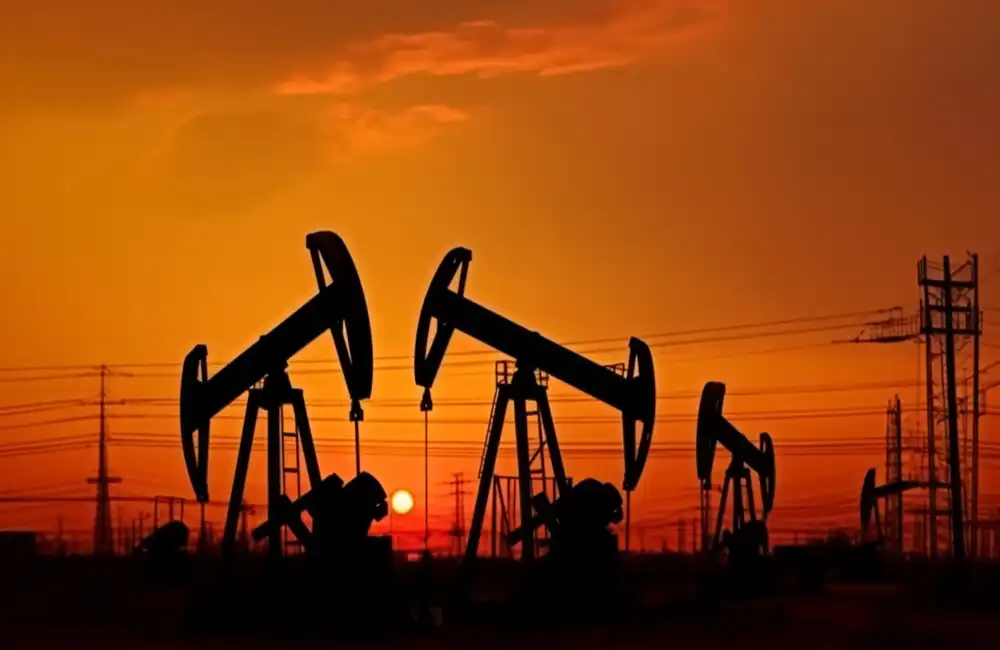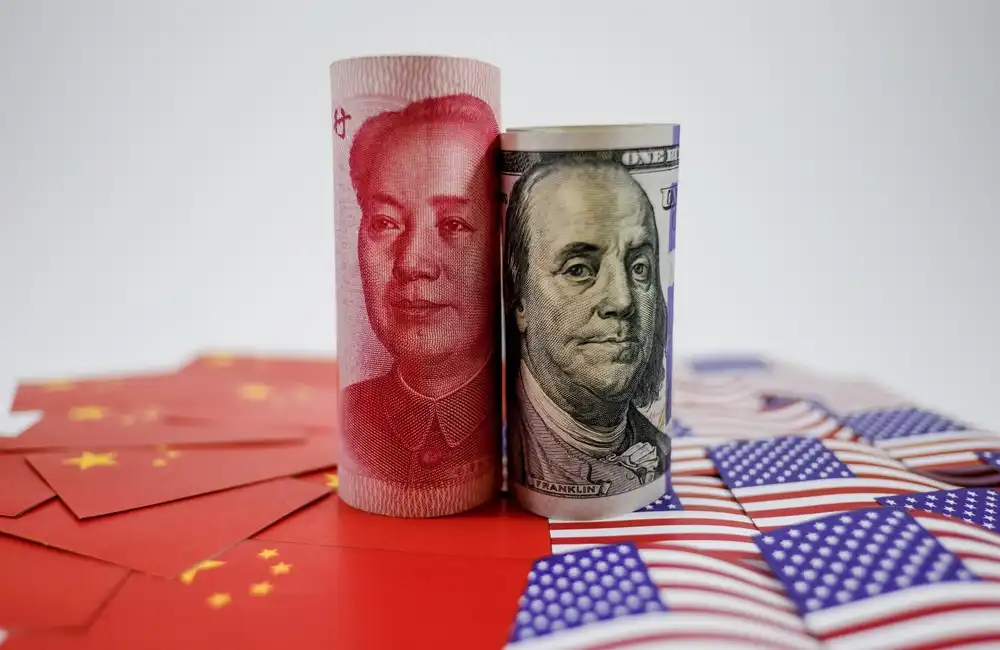With Europe’s energy landscape undergoing significant shifts, discussions between the US and Russia regarding gas supply are drawing attention across governments, industries, and markets.
For European nations dependent on diverse energy sources to maintain a stable economy, these talks carry broad implications that extend well beyond their shores.
This article explores the context of the discussions, the motivations of each party, and what these negotiations mean for Europe, its energy security, and geopolitics.
The Context of US-Russia Gas Talks
Europe has long relied on a mix of energy imports, including natural gas, to meet its energy demands. Russia, as one of the world’s largest exporters of natural gas, has played a pivotal role in Europe’s energy supply for decades. However, geopolitical tensions, economic sanctions, and recent energy diversification policies in key European nations have caused disruptions in traditional energy dynamics.
Simultaneously, the United States has emerged as a powerful player in the energy market through its shale gas boom, making it a leading exporter of liquefied natural gas (LNG). US LNG exports to Europe have surged, boosted by policy initiatives aimed at reducing Europe’s dependency on Russian energy.
The backdrop of current negotiations stems from the increasing alignment of Europe’s energy policies with Washington’s geopolitical priorities, paired with Moscow’s need to maintain a foothold in major natural gas markets amidst an era of heightened competition.
Why the Talks Matter
For the US
The United States sees these discussions as an opportunity to bolster its influence in the global energy market. By increasing LNG exports to Europe, the US aims to offer European nations alternatives that are not tied to Russian energy supplies. This strategy strengthens economic ties between the US and Europe, aligns with America’s broader foreign policy objectives, and ensures domestic producers remain competitive.
For Russia
For Russia, retaining its dominant position in European gas markets is vital—not just economically but geopolitically. Natural gas accounts for a significant portion of the country’s revenues, and losing European clients to American LNG producers could have wide-ranging consequences for Russia’s energy sector and its global influence. Open discussions with the US hint at efforts to stabilise these markets while maintaining its strategic leverage over European energy supply.
For Europe
Europe occupies the centre of this negotiation. The continent’s energy security has become increasingly interlinked with its geopolitical stability. The events of the past decade, including the energy crises triggered by tensions in Ukraine and shifting alliances elsewhere, have highlighted vulnerabilities in Europe’s reliance on energy imports. Thus, European leaders are watching these talks closely as they seek a balance between diversifying supplies, ensuring stability, and honouring both economic and environmental commitments.
Potential Implications for Europe
Energy Security and Diversification
Ongoing US-Russia talks could define how Europe manages its energy dependence on foreign suppliers. A balance needs to be struck between reliability, affordability, and minimal geopolitical risks. Greater access to US LNG would offer a meaningful step toward diversification for European nations.
Energy Prices
Bridging competition between the US and Russia in Europe’s energy market could lead to attractive price points for European buyers. However, long-term pricing dynamics would also depend on infrastructure investments, storage capacities, and domestic policies promoting renewables.


















